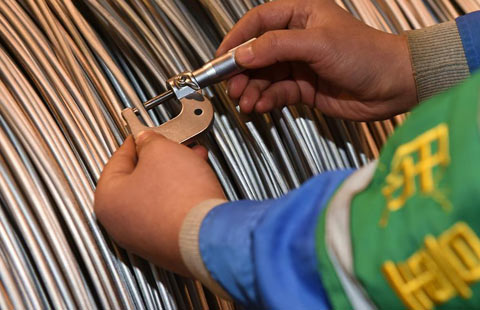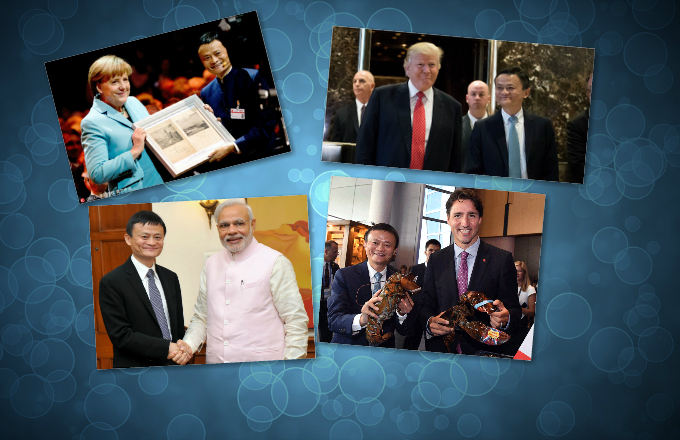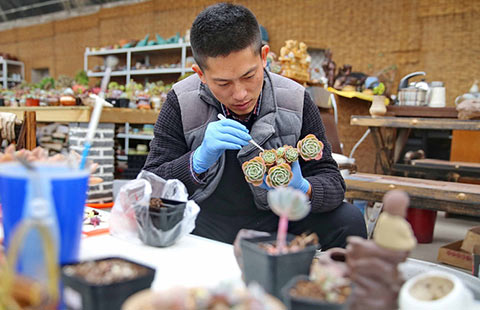Chinese demand tougher policing of shoddy goods
These comments echoed remarks from several media reports published Thursday.
Jinbw.com.cn, a newspaper website, cited Lei Jun, an IT celebrity and national lawmaker, as saying that it has become "urgent" for China to increase producers' integrity and credibility and strengthen quality inspection.
Lei was shocked to find an advertisement in a Chinese airport explicitly stating, "If you want to buy genuine wine and liquor, please come to us," -- which he believes ironically reflected deep worries about food safety in the country.
"Shoddy and inferior goods have become a major social ill that needs to be addressed as a priority," he was quoted as saying.
After recurring food scandals in recent years, including melamine-tainted infant formula, pork adulterated with clenbuterol, and cooking oil recycled from leftovers in restaurant kitchens, public confidence over food safety has continued to wane.
Compared to urban areas, people in China's remote countryside, where consumers generally opt for cheap goods and retailers are less accessible to inspectors, are more susceptible to the dangers of fake and inferior products.
Despite China's escalating efforts to create a modern food inspection system, food safety remains a major public concern for many reasons.
Besides blaming the unethical ideology behind the illegalities, many analysts have cited inefficient inspection methods -- an issue partly attributed to supervisory powers being shared between different government organs -- as a main cause.
The top legislature on Thursday adopted a Cabinet restructuring plan, aiming to cut bureaucracy and make the government more efficient.
Under the plan, China will combine functions and duties of the numerous existing food and drug safety oversight organs into one new department, a move that is widely believed will boost the country's food safety inspection capabilities.

















